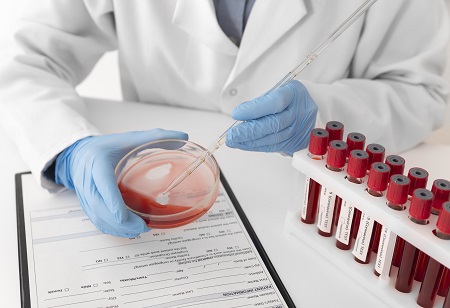India Pharma Outlook Team | Monday, 12 February 2024

Humacyte, Inc., a clinical biotechnology foundation company developing bioengineered human tissues that can be transplanted commercially, has received in-principle approval of Humacyte's Biologics License Application (BLA) to seek approval in the US—Food and Drug Administration (FDA). The review was approved and approved. Treatment of human acellular vessels (HAV) requiring emergency repair after extremity vascular trauma when synthetic grafts are not necessary, and autologous arteries are not available.
The August 10, 2024, User Drug Fee Act (PDUFA) deadline for FDA rulemaking action on the BLA is set. This PDUFA date was established based on prior review approval, a process prohibited by the FDA. A product that, if approved, could improve the treatment, diagnosis or prevention of a serious disease. The review period for priority review requests is six months instead of 10 months for a standard review. The primary review is consistent with the Regenerative Medicine Advanced Therapy (RMAT) designation granted by the FDA in May 2023 for emergency repair following vascular injury. Priority review is a priority program issued by the Secretary of Defense under Public Law 115-92, which was authorized to expedite FDA review of products that claim to be diagnostic or therapeutic or to prevent serious or dangerous situations affecting the States United the Signs Hospital.
"We are very pleased that the FDA has approved our BLA and recognized the potential importance of HAV technology through a key review," said Laura Niklason, CEO of Humacyte. "The approval of BLA brings us closer to our goal of providing life-saving new medical products to patients suffering from vascular injuries.”Many patients with severe injuries do not benefit from current standard treatments, and we are proud of the results seen in the clinic. Trials and humanitarian work worldwide."
The submission of the BLA is supported by the positive results of the V005 Phase 2/3 clinical trial and international recommendations for treating war wounds in Ukraine under the funded humanitarian aid program by the FDA. HAV has been shown to have a higher rate of patency (blood flow) and lower rates of amputation and death compared to traditional surgical indications.